
Collaboration with FFAR and Pork Checkoff leverages funds and resources
Des Moines, Iowa (September 21, 2022) – This summer, the Swine Health Information Center (SHIC) Board of Directors voted to proceed with a collaborative effort to focus on wean-to-harvest biosecurity. SHIC, along with the Foundation for Food & Agriculture Research, an organization advancing actionable science to develop tools, technologies, and information benefiting farmers, consumers and the environment, and Pork Checkoff, will fund a Wean-to-Harvest Biosecurity Program to be implemented over the next two years.
“Wean-to-harvest biosecurity is a complex issue for our industry that has been developing for many years,” remarked SHIC Associate Director Dr. Megan Niederwerder. “This research program will look for cost-effective, innovative solutions to a significant biosecurity gap in US swine production.”
SHIC will contribute $1 million of reallocated funds from its current budget to the Wean-to-Harvest Biosecurity Program and FFAR will provide $1.15 million towards the effort. “FFAR envisions a world in which every person has access to affordable, nutritious food grown on thriving farms,” said Dr. Saharah Moon Chapotin, FFAR’s Executive Director. “Our partnership with SHIC and Pork Checkoff to support the bold research needed to develop solutions to safeguard the health of US swine will bring us closer to achieving that vision.”
The Pork Checkoff is contributing $150,000 as well. By leveraging budget allocation with the matching funds from FFAR and the Checkoff, SHIC increases capacity and output for its mission to safeguard the health of the US swine herd.
“SHIC is focused on preventing and responding to emerging diseases,” explained SHIC Executive Director Dr. Paul Sundberg. “Leading the industry in being proactive to controlling the next emerging disease instead of reacting after it gets here fulfills SHIC’s mission of protecting and enhancing US swine herd health.”
SHIC-funded Swine Disease Monitoring Report aggregate data shows breeding herd breaks of PRRS and PED tend to follow breaks in wean-to-harvest sites. A recently published paper on a SHIC-funded project detailed how PRRS and PED negative pigs placed on wean-to-finish sites become infected after placement. SHIC’s Rapid Response Team investigated an Actinobacillus pleuropneumoniae outbreak in the Midwest and exposed deficiencies of wean-to-harvest biosecurity in the area that contributed to the disease spread.
“The intent is to ensure solutions are implementable and provide significant value to producers,” stated Dr. Niederwerder. “Research priorities will be developed in three areas – bioexclusion for preventing disease introduction on the farm, biocontainment for preventing disease spread from the farm to reduce risk to neighbors, and transportation biosecurity for preventing disease movement from markets and concentration points back to the farm. We are seeking novel tools across all three areas for a comprehensive biosecurity approach.”
As part of the Wean-to-Harvest Biosecurity Program, SHIC established two task forces to develop specific, researchable priorities for the topic areas of transport biosecurity and site bioexclusion and biocontainment. With members from across the pork industry and academia, the Wean-to-Harvest Biosecurity Site Task Force and Wean-to-Harvest Biosecurity Transport Task Force have each met virtually to discuss priorities and ensure coordination across the pork industry, so there is no overlap in investigations and research providing the greatest return on investment. The priorities and call for proposals’ instructions will be posted to the SHIC website’s Wean-to-Harvest Biosecurity Program page as soon as they are completed. SHIC will facilitate proposal review and contract processes.
SHIC acknowledges the work will not be simple and could take some time to complete. Requests for proposals for related research will be issued as soon as possible so projects can start expediently.Due to anticipated seasonal effects and differences in costs and abilities to implement biosecurity, some projects will probably have to cross seasons, taking at least a year. However, SHIC says significant preliminary results will be shared immediately on the SHIC website’s Wean-to-Harvest Biosecurity Program page as well as via other communications.
FFAR builds public-private partnerships to fund bold research addressing big food and agriculture challenges. FFAR was established in the 2014 Farm Bill to increase public agriculture research investments, fill knowledge gaps and complement USDA’s research agenda. FFAR’s model matches federal funding from Congress with private funding, delivering a powerful return on taxpayer investment. Through collaboration and partnerships, FFAR advances actionable science benefiting farmers, consumers and the environment.
SHIC, launched by the National Pork Board in 2015 solely with Pork Checkoff funding, continues to focus efforts on prevention, preparedness, and response to novel and emerging swine disease for the benefit of US swine health. As a conduit of information and research, SHIC encourages sharing of its publications and research. Forward, reprint, and quote SHIC material freely. SHIC is funded by America’s pork producers to fulfill its mission to protect and enhance the health of the US swine herd. For more information, visit http://www.swinehealth.org or contact Dr. Paul Sundberg at [email protected].
-oOo-
Copyright 2024 | Swinehealth.org | Website by Heartland Marketing Group